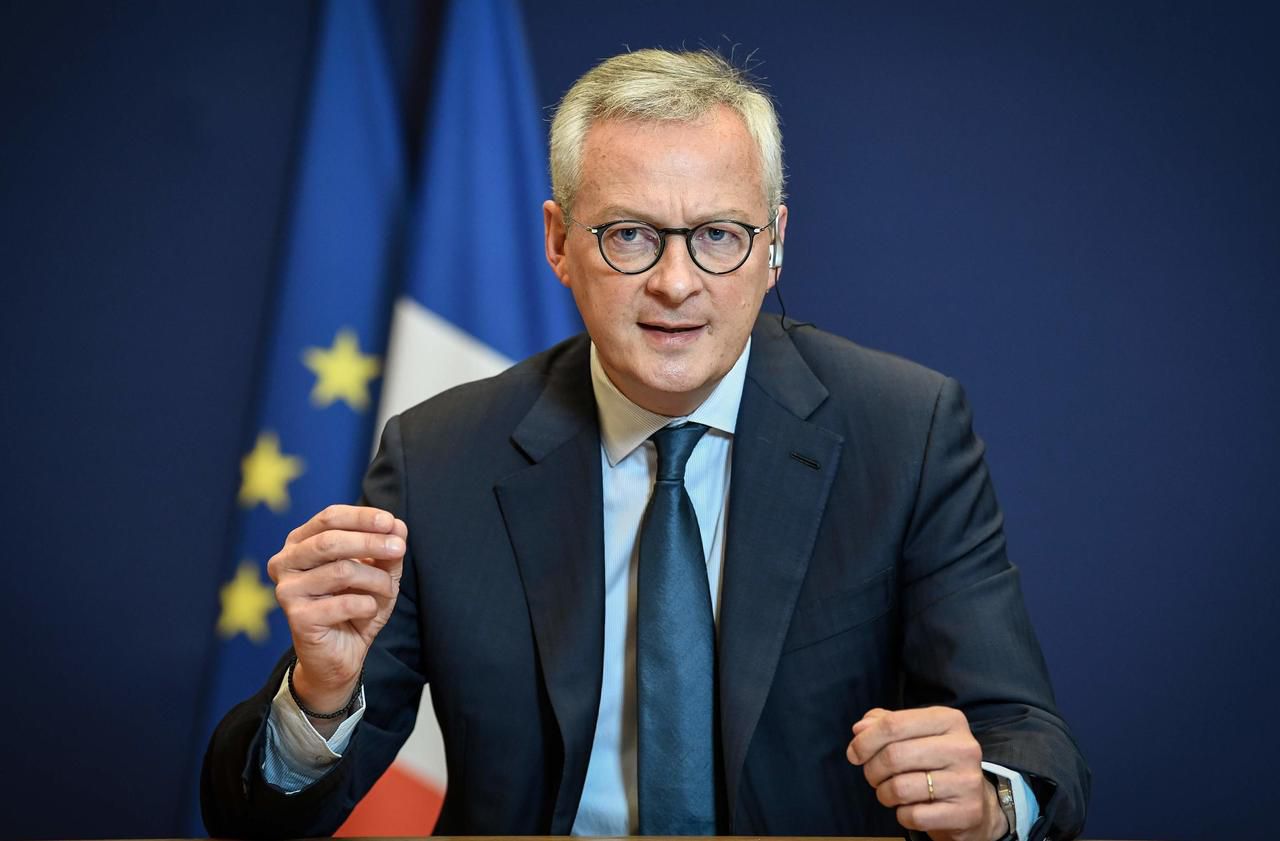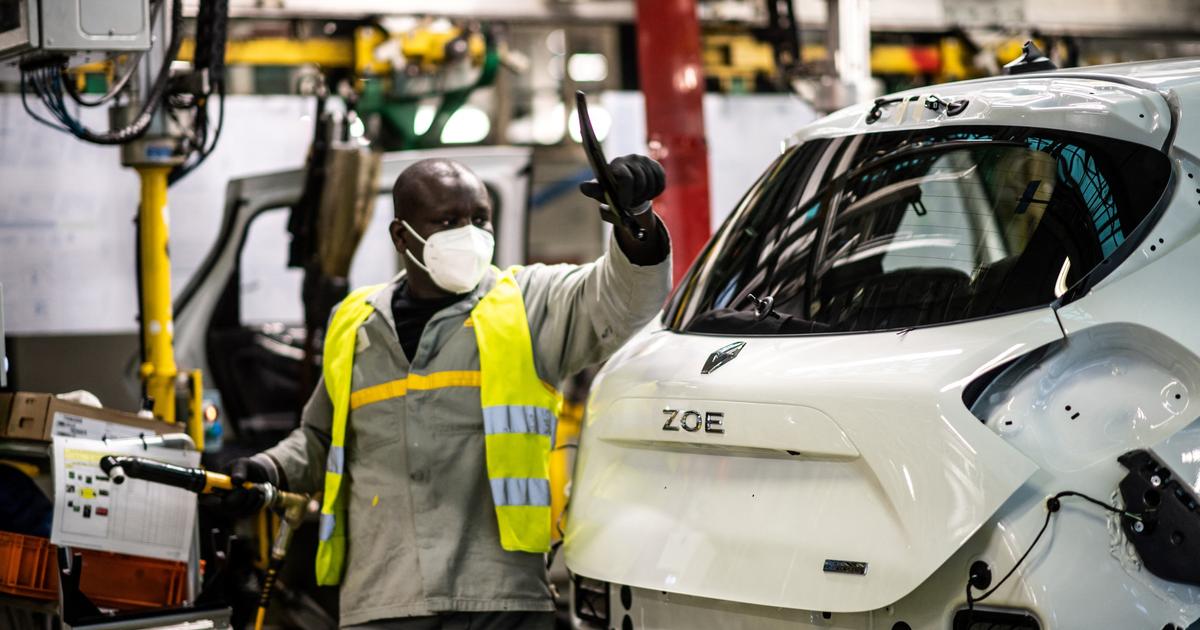“Yes Renault can disappear, you have to be lucid. "A few days before the presentation of its support plan for the automotive industry (no later than Tuesday, May 26), and while three sites are threatened with closure, and a fourth, Flins, would end its production activities, the Minister of the Economy, Bruno Le Maire, sounded the alarm this Friday morning on Europe 1.
The two months of containment to fight against the Covid-19 pandemic, accompanied by the complete shutdown of factories, went through there. But Renault was already in a worrying financial situation before the start of the crisis. The group posted a net loss of 141 million euros in 2019. A first for ten years. “Renault finds itself today in the situation in which PSA was six years ago, observes a former executive of Peugeot. Factories with overcapacity, overcrowding and too great a diversity of products. "
The management had to sign on Wednesday May 20 a loan guaranteed by the State (PGE) of 5 billion euros with Bercy. Except that at the last moment, Bruno Le Maire felt that the conditions necessary to activate the loan were not yet met. "We are asking the manufacturers to make commitments in three directions," he detailed Thursday evening in an interview with Le Figaro. The electric vehicle, the respect of their subcontractors and the location in France of their most technologically advanced activities. "
Only 18% of production in France
Regarding the third point, that of "localization", the government has therefore clearly changed its strategy. A few months ago, the Minister of the Economy summoned the two French manufacturers to repatriate part of their production to France in return for the aid he would like to give them.
"France is the OECD country that has most relocated its industrial production," he explained to the Parisian - Today in France on December 2. In 2011, we were still the second automotive country in Europe. Today, we have moved to fifth place, with less than 7% in value of European production, against 45% for Germany. "
PSA, and even more Renault, have effectively led since the 2000s a vast campaign to relocate their factories outside our borders. Starting with Central Europe, Spain, Turkey or even the Maghreb. Where labor, employer charges or taxes are lower than in France. Renault Captur, Kadjar and other Megane are produced entirely on Spanish lines.
The Clio, the best-selling car in France, is made in Turkey and Slovenia (where the Twingo is located). Dacia Sandero in Morocco and Romania, Duster also in Romania ... There is no shortage of examples. In total, the production share of Renault group cars (Alpine, Dacia, Lada, RSM, excluding Nissan) is now only 18% in France. Against 30% for PSA which produces the Peugeot 208 in Morocco and Slovakia (where the DS3 also comes from) and now the 2008 SUV in Spain.
Too high costs
Exit therefore the idea of a “relocation” of existing productions. It is now a question of putting pressure on future technologies. Starting with the electric car, an area in which Renault was a pioneer with the launch of its Zoe in 2012; and the hybrid, a technology for which, on the other hand, the manufacturer has only taken the bandwagon very recently.
“It pays me” newsletter
The newsletter that improves your purchasing powerI'm registering
Your email address is collected by Le Parisien to allow you to receive our news and commercial offers. Find out more
What has happened in recent weeks to bring about such a change in doctrine? "Renault, but also PSA, succeeded in convincing the government that a relocation of factories was absolutely impossible," explains a source familiar with the matter. Too expensive. Firstly in production costs, but also in the cost of transporting cars leaving the factories. The market is now global and you have to produce as close to where you sell. "
The report by Hervé Guyot, former executive at Faurecia and PSA, delivered at the end of March, also weighed heavily in the balance. "There is no question," he says, "of repatriating small models like the Clio or the 208. The cost differences are too great. On the other hand, France has its assets on the production of batteries, electric motors, which could represent 20 to 25% of the market in 2030, or even hydrogen. "






